Third anniversary of Milošević’s death
The ruling Socialist Party of Serbia (SPS) today observes the third anniversary of the death of former Serbian and Yugoslav president Slobodan Milošević.
Wednesday, 11.03.2009.
09:32

The ruling Socialist Party of Serbia (SPS) today observes the third anniversary of the death of former Serbian and Yugoslav president Slobodan Milosevic. Milosevic was the party's founder and lifelong leader, and died in a Hague Tribunal cell as the war crimes trial against him was ongoing. Third anniversary of Milosevic’s death The gate to the garden of his family home in Pozarevac, eastern Serbia, where he is buried, is open to visitors. President of the Socialists in Pozarevac Miomir Ilic announced that he expects about 15 buses from other cities carrying those who would like to pay respects to Milosevic and his work. A delegation of high-ranking SPS MPs, and some government ministers laid wreaths on this grave. They include Branko Ruzic, Milutin Mrkonjic, Zarko Obradovic, Petar Skundricandic, and Uros Suvakovic from the Freedom Association. Obradovic spoke at the ceremony today to say that Serbia faces the same challenges it faced during the reign of Slobodan Milosevic. “Serbia is once again faced with the need to preserve its independence, to solve economic questions and to fight for Kosovo being a part of Serbia,” he said. But he said that the return of the Socialists to the government does not mean that the ideas of Milosevic have returned as well. “I do not think that things can be looked at in the same way. It is now 2009 and I think that many things have changed in Serbia's society. A lot has changed with international relations. However, the fact remains that some challenges stand before Serbia even today,” he said. Obradovic added that the results of Milosevic and his party's rule in the 1990s will be evaluated by history, and that they have, when it comes to defending Kosovo and Resolution 1244, proven to have been right. He said that you cannot make a parallel between today and then as far as the events in the world and Serbia are concerned. “Slobodan Milosevic will remain remembered as a statesman, president and founder of the SPS and that is how he will be respected. But the SPS must adjust its program to the new age, circumstances, European integrations and civilization values which will bring a better future to Serbia and its citizens,” Obradovic said. On behalf of the opposition Serb Radical Party(SRS), a wreath was presented by MPs Gordana Pop-Lazic, Natasa Jovanovic, Filip Stojanovic and president of the SRS District Committee Sasa Valjarevic. First Deputy PM, Interior Minister and SPS leader Ivica Dacic did not attend, as he is today on an official visit to Bulgaria. In the Pozarevac Cultural Center at noon a promotion was held for the book “Travesty: The Trial of Slobodan Milosevic and Corruption of International Justice” whose author, John Laughland, was president of the British Helsinki Committee. Milosevic died of a heart attack in his cell in custody of the Hague Tribunal during his trial for war crimes and crimes against humanity in Kosovo and Croatia, and genocide in Bosnia-Herzegovina. Political representatives, activists, friends and family pay respects at Milosevic's grave (Tanjug) Who was Slobodan Milosevic? Milosevic was born Aug. 20, 1941 in Pozarevac, where he finished elementary and high school, later graduating from the Faculty of Law in Belgrade in 1964. He was a member of the Communist League of Yugoslavia (SKJ) from Jan. 15, 1959. He worked in the Communist League’s Belgrade branch University Committee from 1963 until 1966 as secretary for ideological-political work and president of the ideology committee. After that, he served three years as advisor to the Belgrade assembly speaker for economic issues and later led the Information Service System for the city of Belgrade. From 1969 until 1973 he was deputy general director of the gas company Technogas and became director for the next five years. After that he was president of Beobanka bank until the end of 1983. In April 1984 he was elected president of the Belgrade League of Communists and in May 1986 he became president of the Serbian League of Communists Central Committee. A year later he became president of the Socialist Republic of Serbia. In July 1990 Milosevic formed the Socialist Party of Serbia (SPS), merging the Communist League and the Alliance of the Socialist Working People of Serbia. He was president of the SPS until his death on March 11, 2006. He was first elected president of the Republic of Serbia in December 1990, as the SPS candidate, and again in 1992 after the disintegration of the Socialist Federal Republic of Yugoslavia (SFRJ). Milosevic was elected president of the Federal Republic of Yugoslavia (SRJ) on July 25, 1997 and remained in that position until Oct. 5, 2000, when he was forced by public pressure to concede defeat in the September 2000 presidential elections. Vojislav Kostunica, Democratic Opposition of Serbia (DOS) candidate and leader of the Democratic Party of Serbia (DSS), was then elected president of the SRJ. A key moment in Milosevic’s career, which began his decade long undisputed rule, was his speech on June 28, 1989 in Gazimestan on the 600th anniversary of the Battle of Kosovo. About one million people were present. Quickly after, the SFRJ fell, the Slovenian Ten-Day-War was fought, followed by wars in Croatia and Bosnia-Herzegovina, and finally the conflict in Kosovo and the NATO bombing of the country. At that time Milosevic earned the nickname “Butcher of the Balkans”. Because of crimes during the Kosovo conflict, the Hague Tribunal indicted Milosevic on May 27, 1999, followed by an indictment for crimes in Croatia on Oct. 9, 2001 and another for genocide against Muslims and Croats in Bosnia Herzegovina, filed on Nov. 23 of the same year. He was arrested April 1, 2001 for abuse of power, a full six months after his reign had ended. The Serbian government extradited Milosevic to the Hague on June 28, 2001, 12 years after his speech at Gazimestan. Milosevic’s trial at the Hague Tribunal began Feb. 12, 2002 with evidence against his alleged crimes in Kosovo, followed by evidence for the charges in Croatia and Bosnia-Herzegovina. Milosevic’s defense began on Aug. 31, 2004. After the DOS victory in Sept. 24, 2000 presidential elections, the SPS and its leader refused to concede defeat, causing a post-election crisis which threatened civil war in Serbia. The crisis ended on Oct. 5 after massive protests by citizens throughout Serbia. Milosevic’s wife, Mirjana Markovic, left the country on Feb. 23, 2003. His son, Marko, left immediately after his father admitted defeat on Oct. 5, 2000. Both Milosevic’s wife and son now live in Moscow, and his daughter, Marija, lives in Montenegro. A court case was opened against Markovic for abuse of power and a warrant for her arrest has been issued. A warrant was also issued for Marko Milosevic, who is being tried in absentia in Pozarevac for the assault of three Otpor activists. As for his party, the SPS returned to government in July 2008 when Prime Minister Cvetkovic’s cabinet was formed, with four Socialist ministers. SPS leader Ivica Dacic is first deputy prime minister and interior minister. A file photo of Slobodan Milosevic (FoNet)
Third anniversary of Milošević’s death
The gate to the garden of his family home in Požarevac, eastern Serbia, where he is buried, is open to visitors.President of the Socialists in Požarevac Miomir Ilić announced that he expects about 15 buses from other cities carrying those who would like to pay respects to Milošević and his work.
A delegation of high-ranking SPS MPs, and some government ministers laid wreaths on this grave.
They include Branko Ružić, Milutin Mrkonjić, Žarko Obradović, Petar Škundrićandić, and Uroš Šuvaković from the Freedom Association.
Obradović spoke at the ceremony today to say that Serbia faces the same challenges it faced during the reign of Slobodan Milošević.
“Serbia is once again faced with the need to preserve its independence, to solve economic questions and to fight for Kosovo being a part of Serbia,” he said.
But he said that the return of the Socialists to the government does not mean that the ideas of Milošević have returned as well.
“I do not think that things can be looked at in the same way. It is now 2009 and I think that many things have changed in Serbia's society. A lot has changed with international relations. However, the fact remains that some challenges stand before Serbia even today,” he said.
Obradović added that the results of Milošević and his party's rule in the 1990s will be evaluated by history, and that they have, when it comes to defending Kosovo and Resolution 1244, proven to have been right.
He said that you cannot make a parallel between today and then as far as the events in the world and Serbia are concerned.
“Slobodan Milošević will remain remembered as a statesman, president and founder of the SPS and that is how he will be respected. But the SPS must adjust its program to the new age, circumstances, European integrations and civilization values which will bring a better future to Serbia and its citizens,” Obradović said.
On behalf of the opposition Serb Radical Party(SRS), a wreath was presented by MPs Gordana Pop-Lazić, Nataša Jovanović, Filip Stojanović and president of the SRS District Committee Saša Valjarević.
First Deputy PM, Interior Minister and SPS leader Ivica Dačić did not attend, as he is today on an official visit to Bulgaria.
In the Požarevac Cultural Center at noon a promotion was held for the book “Travesty: The Trial of Slobodan Milošević and Corruption of International Justice” whose author, John Laughland, was president of the British Helsinki Committee.
Milošević died of a heart attack in his cell in custody of the Hague Tribunal during his trial for war crimes and crimes against humanity in Kosovo and Croatia, and genocide in Bosnia-Herzegovina.
Who was Slobodan Milošević?

He was a member of the Communist League of Yugoslavia (SKJ) from Jan. 15, 1959. He worked in the Communist League’s Belgrade branch University Committee from 1963 until 1966 as secretary for ideological-political work and president of the ideology committee.
After that, he served three years as advisor to the Belgrade assembly speaker for economic issues and later led the Information Service System for the city of Belgrade.
From 1969 until 1973 he was deputy general director of the gas company Technogas and became director for the next five years. After that he was president of Beobanka bank until the end of 1983.
In April 1984 he was elected president of the Belgrade League of Communists and in May 1986 he became president of the Serbian League of Communists Central Committee. A year later he became president of the Socialist Republic of Serbia.
In July 1990 Milošević formed the Socialist Party of Serbia (SPS), merging the Communist League and the Alliance of the Socialist Working People of Serbia. He was president of the SPS until his death on March 11, 2006.
He was first elected president of the Republic of Serbia in December 1990, as the SPS candidate, and again in 1992 after the disintegration of the Socialist Federal Republic of Yugoslavia (SFRJ).
Milošević was elected president of the Federal Republic of Yugoslavia (SRJ) on July 25, 1997 and remained in that position until Oct. 5, 2000, when he was forced by public pressure to concede defeat in the September 2000 presidential elections.
Vojislav Koštunica, Democratic Opposition of Serbia (DOS) candidate and leader of the Democratic Party of Serbia (DSS), was then elected president of the SRJ.
A key moment in Milošević’s career, which began his decade long undisputed rule, was his speech on June 28, 1989 in Gazimestan on the 600th anniversary of the Battle of Kosovo. About one million people were present.
Quickly after, the SFRJ fell, the Slovenian Ten-Day-War was fought, followed by wars in Croatia and Bosnia-Herzegovina, and finally the conflict in Kosovo and the NATO bombing of the country. At that time Milošević earned the nickname “Butcher of the Balkans”.
Because of crimes during the Kosovo conflict, the Hague Tribunal indicted Milošević on May 27, 1999, followed by an indictment for crimes in Croatia on Oct. 9, 2001 and another for genocide against Muslims and Croats in Bosnia Herzegovina, filed on Nov. 23 of the same year.
He was arrested April 1, 2001 for abuse of power, a full six months after his reign had ended.
The Serbian government extradited Milošević to the Hague on June 28, 2001, 12 years after his speech at Gazimestan.
Milošević’s trial at the Hague Tribunal began Feb. 12, 2002 with evidence against his alleged crimes in Kosovo, followed by evidence for the charges in Croatia and Bosnia-Herzegovina. Milošević’s defense began on Aug. 31, 2004.
After the DOS victory in Sept. 24, 2000 presidential elections, the SPS and its leader refused to concede defeat, causing a post-election crisis which threatened civil war in Serbia. The crisis ended on Oct. 5 after massive protests by citizens throughout Serbia.
Milošević’s wife, Mirjana Marković, left the country on Feb. 23, 2003. His son, Marko, left immediately after his father admitted defeat on Oct. 5, 2000. Both Milošević’s wife and son now live in Moscow, and his daughter, Marija, lives in Montenegro.
A court case was opened against Marković for abuse of power and a warrant for her arrest has been issued. A warrant was also issued for Marko Milošević, who is being tried in absentia in Požarevac for the assault of three Otpor activists.
As for his party, the SPS returned to government in July 2008 when Prime Minister Cvetković’s cabinet was formed, with four Socialist ministers. SPS leader Ivica Dačić is first deputy prime minister and interior minister.










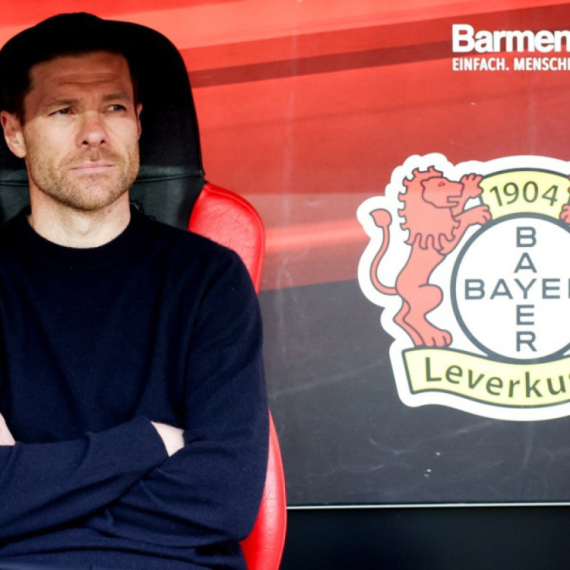

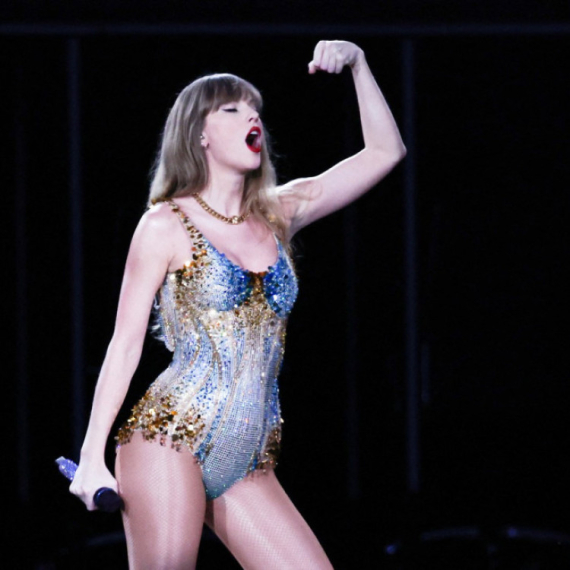
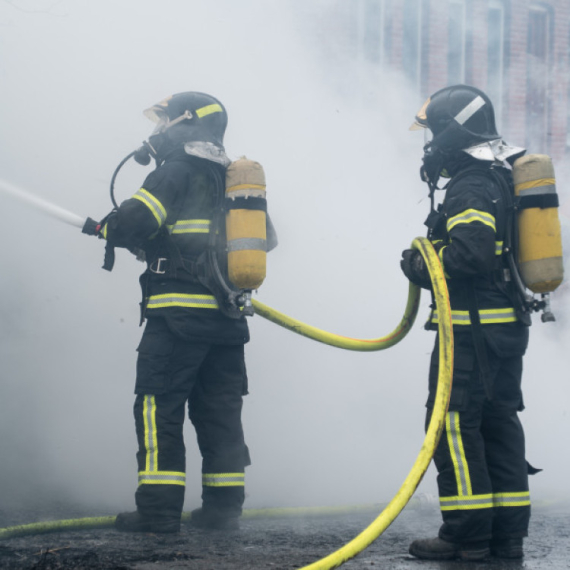
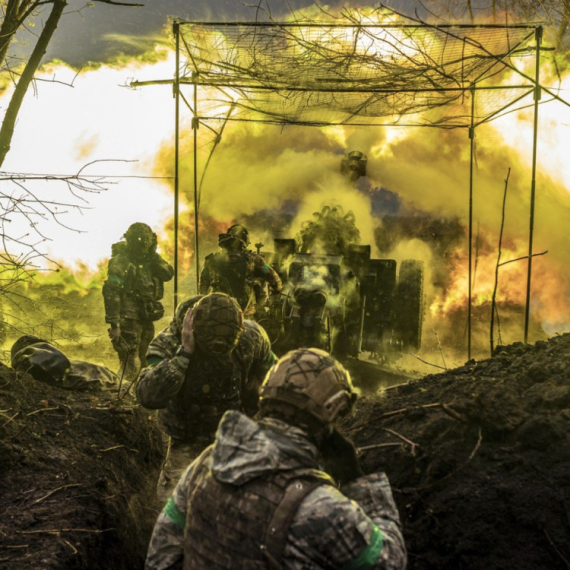
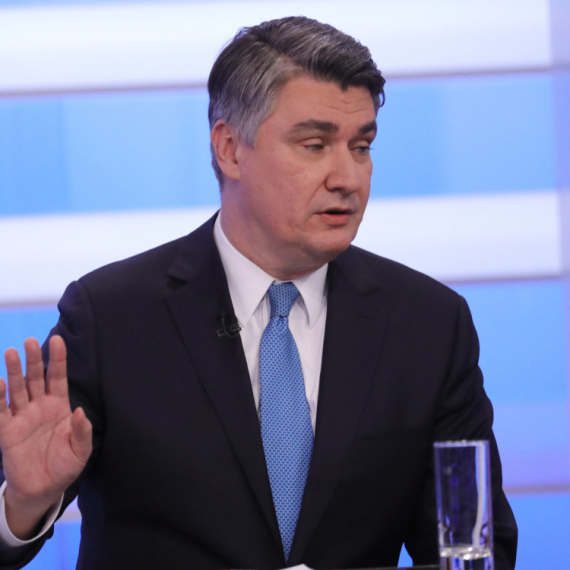
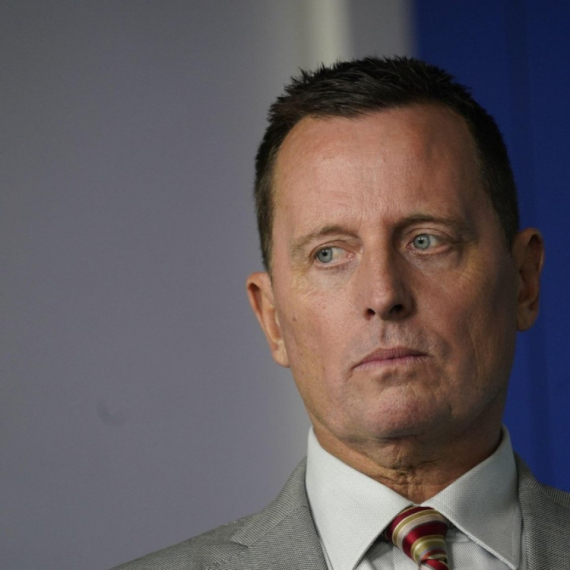
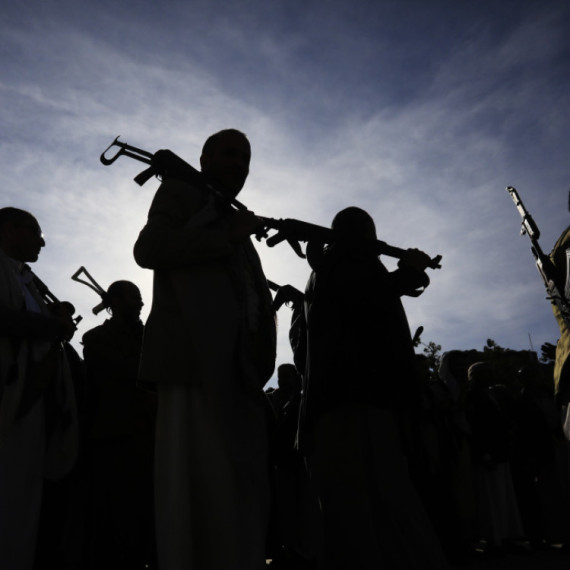
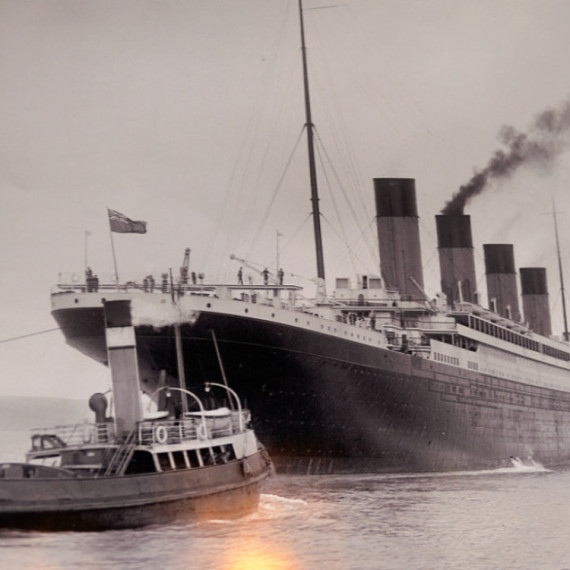
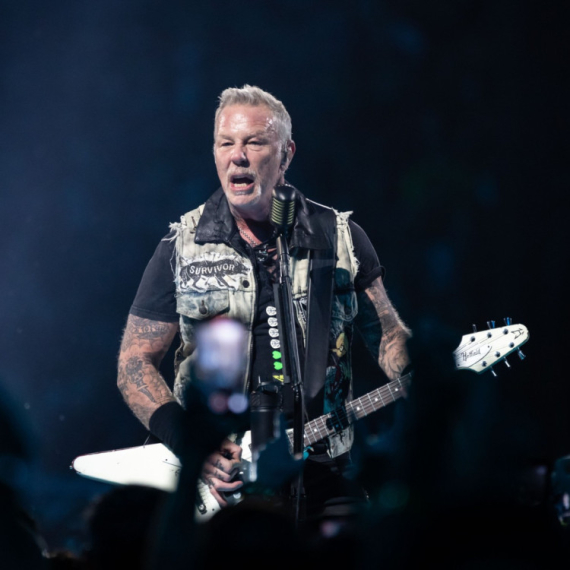
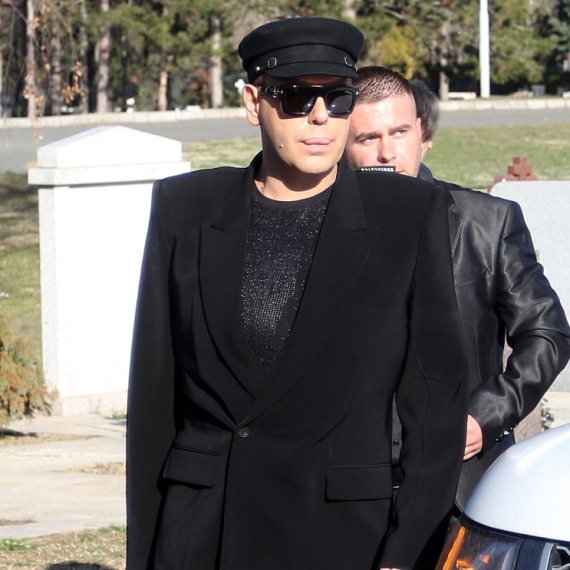


































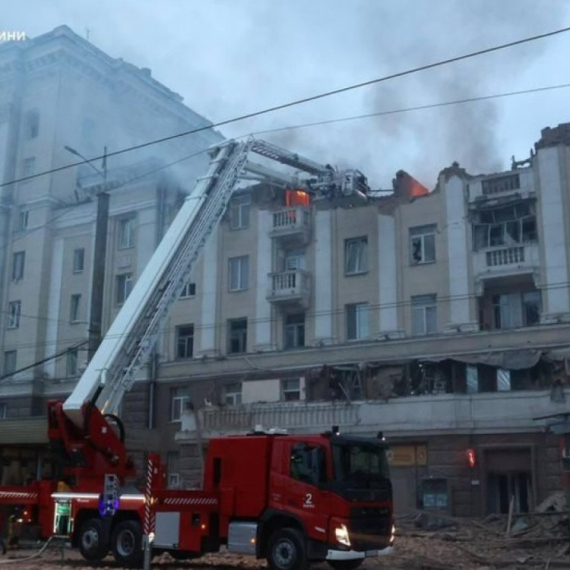
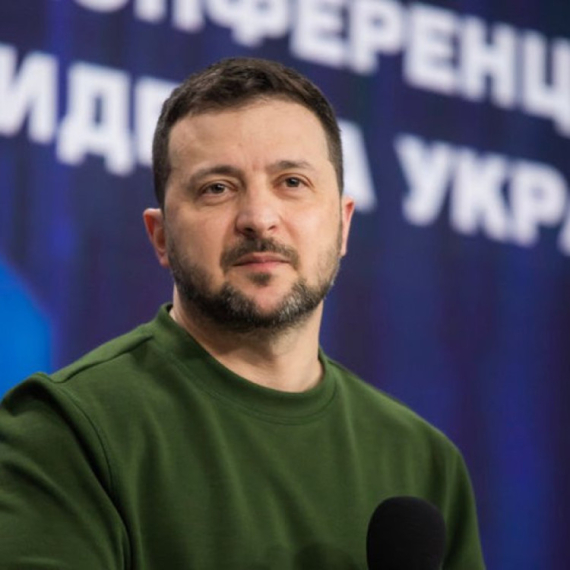

Komentari 34
Pogledaj komentare